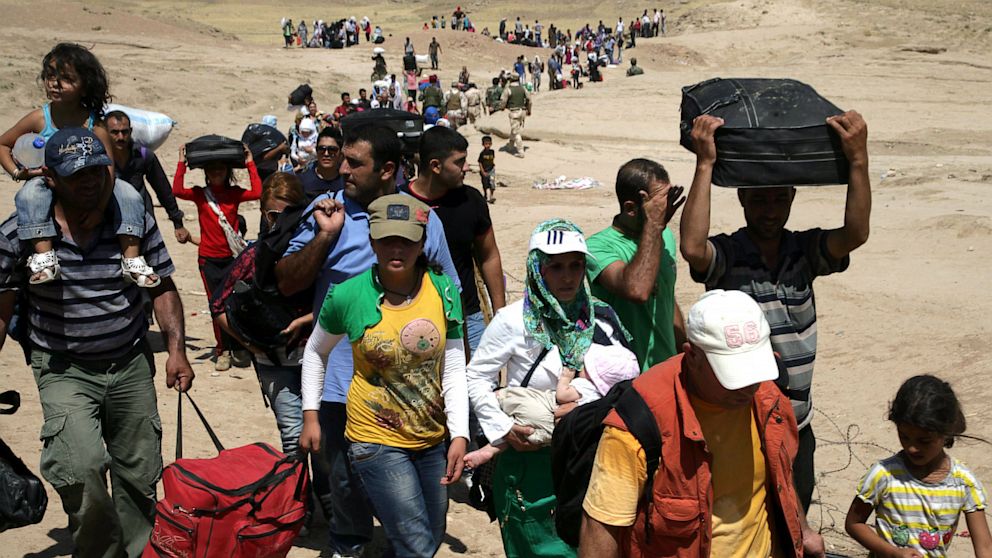| Online: | |
| Visits: | |
| Stories: |

| Story Views | |
| Now: | |
| Last Hour: | |
| Last 24 Hours: | |
| Total: | |
Desperate Syrian Refugees Say The Only Way They Can Survive–Get To Europe [ picture]
From Syria to Europe, Refugees Say There’s ‘No Choice’

September 06, 2015
by Heather Murdock
“A bomb came to our house and then it fell down,” said 9-year-old Ahmed, a Syrian refugee who begs for small change on the Turkish side of the border.
He raised one hand and clapped it on his other. “Our house,” he repeated quietly, quickly fading out of the conversation.
On the same day in Germany, kilometers and worlds away, thousands of refugees were greeted by volunteers welcoming them, after many of them were held against their will for days in Hungary.
All of Syria’s neighbors have closed their borders hoping to contain the war, but they cannot stop the tide of refugees coming out, draining their economies. And as more and more bypass neighboring countries, Syrian refugees from here to Europe say they have “no choice” but to move on.
Neighbors Strained
Since the Syrian war began more than four years ago, Lebanon, Turkey and Jordan have taken in the vast majority of the now more than 4 million refugees. That number doesn’t include the more than 7 million people who have fled their homes and remain in Syria.
The recent rush of refugees from across the Middle East and Africa to Europe has forced European countries to reconsider immigration policies, with several countries pledging to take in more refugees.
“Now we have to move step-by-step away from emergency measures towards normality, in conformity with the law and dignity,” said Austrian Chancellor Werner Faymann after the refugees finally entered Germany.
“Dignity” source



